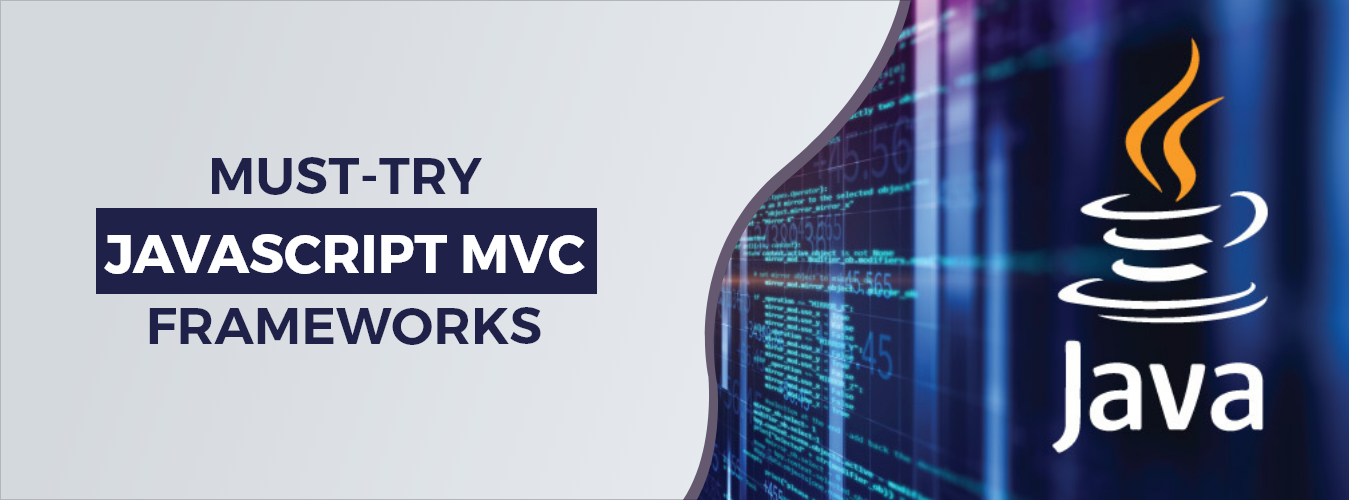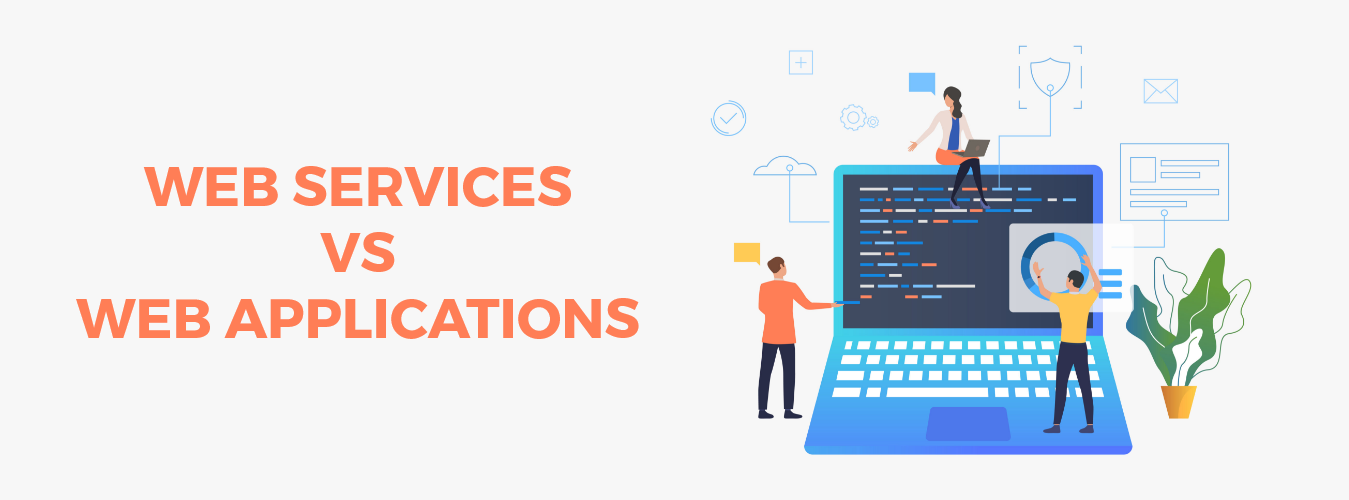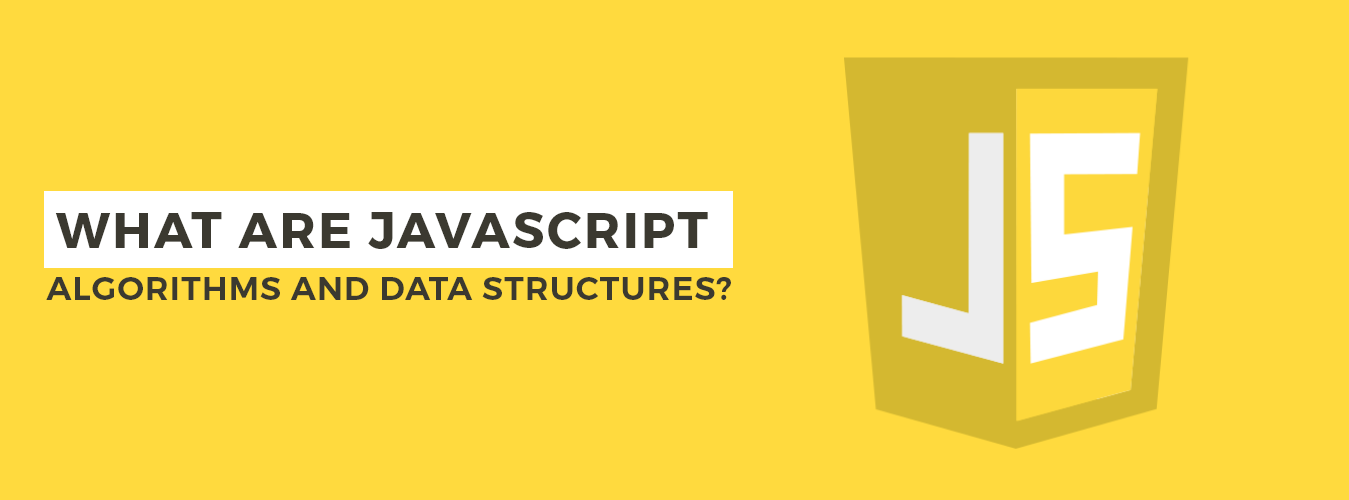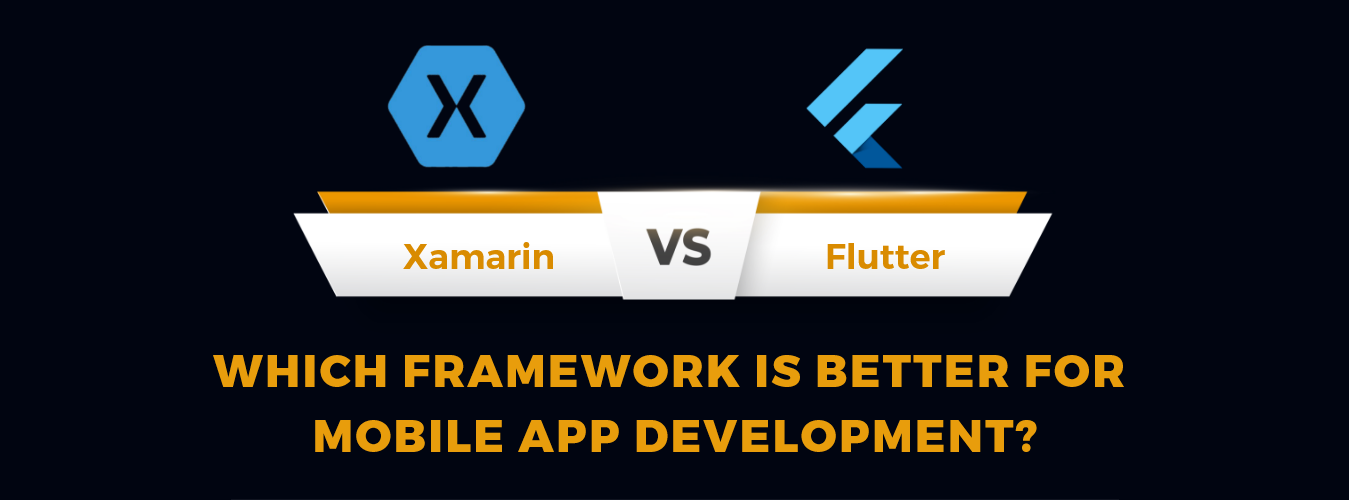Overview
JavaScript has become a dominant force in web development in today’s quickly changing digital environment. JavaScript is now the preferred programming language for front-end development because of its adaptability, flexibility, and capacity to produce interactive and dynamic user interfaces. To leverage the full potential of JavaScript and streamline the development process, JavaScript Development Companies generally resort to MVC (Model-View-Controller) frameworks.
MVC frameworks provide a structured approach to building web applications by separating concerns and enhancing code organization. They offer a range of features and functionalities that ease development, improve maintainability, and enable developers to design strong and scalable applications. We’ll delve into JavaScript MVC frameworks in this blog post. The seven must-try options that can elevate your web development initiatives have been highlighted.
Crafting Your Ideal Mobile App/Experience Starts Here!
Ready to elevate your business? Your custom app is just a click away.
Yes Let’s goAlso Read: PHP vs JavaScript: When to Use
What is an MVC framework?
Let’s first define an MVC framework before delving into the MVC frameworks. Model, View, and Controller are the three main parts of the application divided into the MVC design pattern. The Model represents the application’s data and business logic, the user interface is represented by the View, and the Controller serves as a link between the Model and the View. The MVC framework offers a framework for managing and organizing code, facilitating the creation, testing, and upkeep of JavaScript applications.
Benefits of using an MVC framework for JavaScript development
Using an MVC framework for JavaScript development has several advantages. First, it delineates the concerns of the application’s various components. Since changes made to one component do not affect the others, this makes managing and maintaining the codebase easier. The same Model, View, and Controller can be used across different pages or applications, encouraging code reuse. Thirdly, it makes testing easier because each component can be tested independently, and integration testing can be used to test the application’s overall functionality.
Also Read: Node JS vs JavaScript: Node JS Pros and Cons
Top 7 must-try MVC frameworks for your company
Now that we understand the benefits of using an MVC framework, let’s look at the top 7 must-try MVC frameworks for your company.
AngularJS
AngularJS is a popular JavaScript MVC framework developed and maintained by Google. It offers a substantial collection of tools for creating complex web applications. The two-way data binding capability of AngularJS, which enables changes made to the Model to be automatically reflected in the View and vice versa, is one of the framework’s core features. This eliminates the need for time-consuming, inaccurate manual DOM modification. Additionally, AngularJS offers a modular architecture that makes it simple to reuse code and expand an application’s functionality.
ReactJS
Facebook created ReactJS, a compact JavaScript MVC framework. It provides a simple and declarative approach to building user interfaces. One of the key features of ReactJS is its virtual DOM, which allows for efficient updates to the View without having to re-render the entire page. Faster performance and a better user experience are the results. Additionally, ReactJS offers a component-based architecture that makes it simple to reuse code and create intricate UI components.
EmberJS
A strong JavaScript MVC framework called EmberJS is made for creating complex web applications. Because the framework makes assumptions about the application’s structure, it offers a convention-over-configuration approach, making it simpler to get started. EmberJS’s template engine, which enables dynamic and responsive user interfaces, is one of its key features. Additionally, EmberJS offers powerful tools for controlling data and application state.
BackboneJS
A lightweight JavaScript MVC framework called BackboneJS is designed to create one-page applications. It provides a basic approach to designing web apps, making them easy to learn and use. One of the key features of BackboneJS is its event-driven architecture, which allows for efficient communication between the different components of the application. Additionally, BackboneJS offers an adaptable and extensible API that makes it simple to modify and expand the framework to suit the requirements of your application.
Vue.js
A modern JavaScript MVC framework for creating user interfaces and single-page apps is called vue.js. It offers a straightforward and intuitive method for creating web apps, making them simple to understand and use. Reactive data binding, which enables model changes to be automatically reflected in the View, is one of Vue.js’ major features. Additionally, Vue.js offers a modular architecture that makes it simple to reuse code and expand an application’s capabilities.
KnockoutJS
A simple JavaScript MVC framework for creating dynamic and responsive user interfaces is called KnockoutJS. It offers a straightforward and declarative approach to developing web apps, making it simple to understand and work with. KnockoutJS’s two-way data binding, which enables model changes to be automatically reflected in the View and vice versa, is one of its core features. Additionally, KnockoutJS offers strong tools for controlling data and application state.
Also Read: The 10 Most Common JavaScript Issues Developers Face
How to choose the right MVC framework for your company
The size and complexity of the application, the expertise of the development team, and the organization’s unique requirements are just a few of the variables that must be considered when selecting the best MVC framework for your business. It’s critical to assess each framework according to its features, performance, usability, and community support. A proof of concept or prototype should also be created to determine whether the framework is appropriate for the application.
Conclusion
In conclusion, utilizing an MVC framework for developing JavaScript has several advantages, including better code organization, reusability, and streamlined testing. Using an MVC framework, your business can revamp its JavaScript development and create web applications that are more scalable and maintainable. The best framework will depend on several variables, so it’s critical to assess each framework according to its features, performance, usability, and community support. The top 7 must-try MVC frameworks for your firm include AngularJS, ReactJS, EmberJS, BackboneJS, Vue.js, and KnockoutJS.
Are you trying to find a JavaScript Development Company? Contact us immediately to find out how we can assist your business in selecting the best MVC framework for your web application.
Crafting Your Ideal Mobile App/Experience Starts Here!
Ready to elevate your business? Your custom app is just a click away.
Yes Let’s go






